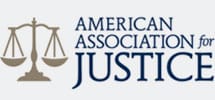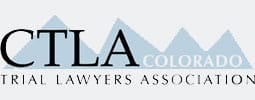Highly explosive combustible dust is a constant danger at many manufacturing and processing facilities in Colorado. Even materials that do not generally burn may become volatile when finely divided, and dust can lie dormant for years only to explode when atmospheric conditions are right. Workplace safety advocates and plant managers are awaiting rules from the Occupational Safety and Health Administration concerning combustible dust, but the National Fire Protection Association published Standard 652 in 2015 to provide some guidance.
According to OSHA, 281 workplace accidents involving explosive or combustible dust between 1980 and 2005 resulted in the deaths of 119 workers and injuries to 718. Combustible dust accidents are often catastrophic and occur without any warning, and they have been known to leave entire buildings in rubble. In 2008, 14 workers were killed in Georgia when a cloud of sugar dust exploded.
The best defense against combustible dust is constant monitoring of air quality coupled with rigidly observed maintenance and cleaning protocols. Ventilation equipment should watched for any signs of trouble, and workers should be informed about the dangers of allowing dust to accumulate. Volatile dust can be found in many workplaces, but manufacturing and processing facilities should be particularly vigilant.
Workers who have been injured on the job often rely on benefits paid by the Colorado workers' compensation program to make ends meet. The kind of injuries suffered in a combustible dust incident often leave injured workers unable to earn a paycheck for prolonged periods, but filing a claim for benefits is sometimes challenging for them. An attorney with experience in this area could assist injured workers with their claims. This could help to ensure that they apply for all of the benefits they are entitled to, and it may also avoid delays caused by paperwork errors or insufficient medical evidence.
Source: OSHA, "Combustible Dust: An Explosion Hazard", accessed on Oct. 24, 2015








No Comments
Leave a comment